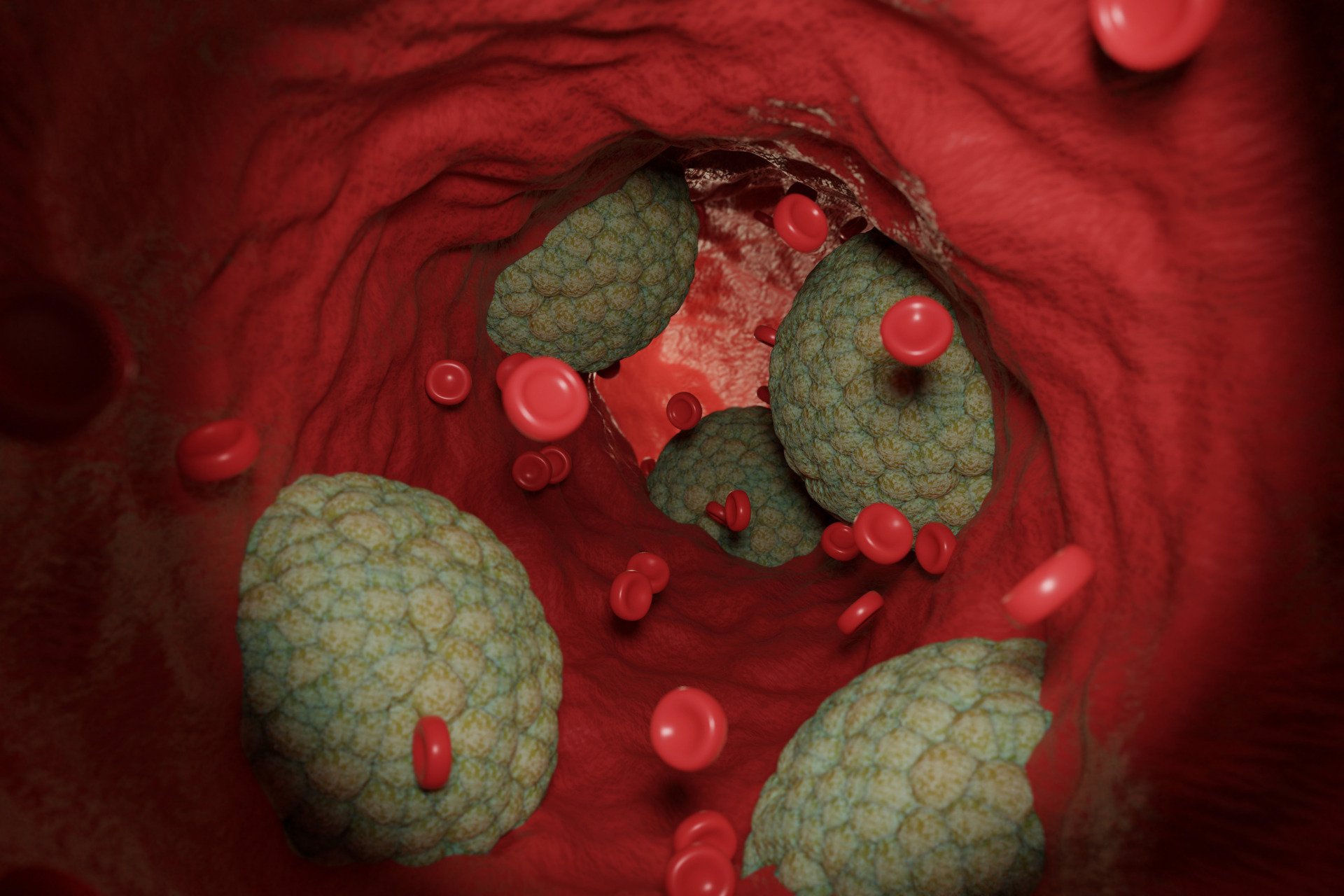New research has revealed that certain bacterial infections may significantly contribute to the risk of heart attacks. A team of scientists from Finland and the United Kingdom conducted a study examining arterial plaques from individuals who died from heart disease. Their findings indicate that these plaques often contain a dormant layer of bacterial biofilm, which, when disturbed, can trigger an immune response leading to heart attacks.
The study, published in the Journal of the American Heart Association last month, highlights the potential role of bacteria in the development of coronary artery disease. Researchers analyzed arterial plaques collected from patients who died suddenly and from those who underwent surgical plaque removal. They discovered several types of bacteria, typically found in the mouth, embedded within the plaques, forming protective biofilms that are resilient against the immune system and antibiotics.
Pekka Karhunen, lead author of the study and a researcher at Tampere University in Finland, noted, “Bacterial involvement in coronary artery disease has long been suspected, but direct and convincing evidence has been lacking.” The genetic material of several oral bacteria was found within the atherosclerotic plaques, lending support to previous suspicions about the connection between bacteria and heart disease.
Understanding the Mechanism
According to the study, the bacteria within these biofilms do not typically provoke an immune response. However, when the bacteria are disturbed—potentially by a secondary viral infection—they can activate and trigger inflammation. This inflammatory response can lead to the rupture of plaques, which may then produce blood clots that obstruct blood flow, resulting in a heart attack, also known as a myocardial infarction.
The researchers suggest that this may represent a dual threat where a secondary infection could trigger dormant bacteria within arterial plaques to become active, thereby increasing the risk of heart disease. Further investigation is needed to clarify the exact mechanisms involved and to validate these findings through additional studies.
Implications for Heart Disease Treatment
If confirmed, this research could open new avenues for the prevention and treatment of heart disease. The team proposes that administering a short course of antibiotics to patients whose heart attacks are linked to these bacteria may improve health outcomes. In the future, vaccines targeting these bacterial strains or common secondary infections might offer a reliable method to prevent heart attacks.
Previous studies have indicated that individuals vaccinated against influenza, Covid-19, and shingles may have a reduced risk of heart disease. This suggests that a proactive approach to vaccination could play a crucial role in heart health.
As scientists continue to explore the relationship between infections and heart disease, this study underscores the need for a broader understanding of the factors contributing to myocardial infarctions. The findings could lead to new strategies for combatting heart disease, which remains a leading cause of death worldwide.





































































